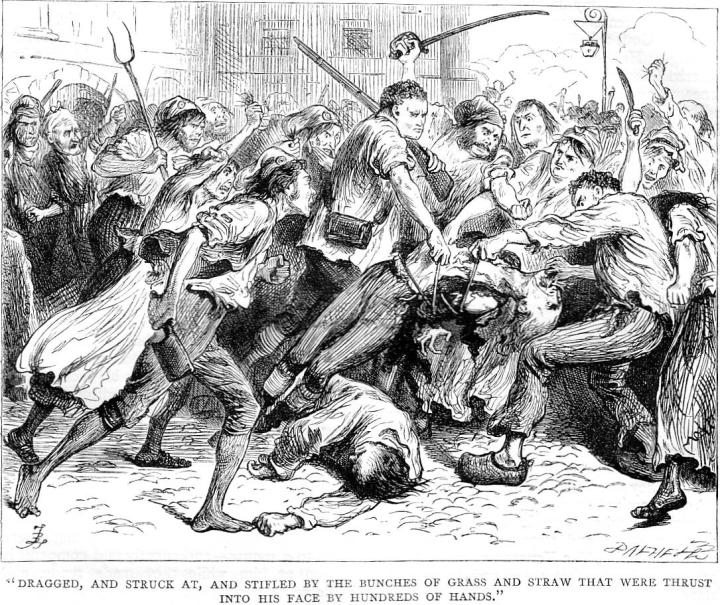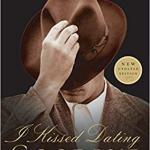Over the last few days, someone sends pipe bombs to virtually every prominent Democrat and Trump critic. A gunman in Pittsburgh walks into a synagogue during a Sabbath service, yelled “All Jews must die!” and kills 11 worshippers. A man in suburban Louisville on Wednesday tried to get into a black church but found it locked, so he went to a nearby grocery store and killed a man and a woman because of their race.
When news of the 14 pipe bombs–none of which exploded–came out, some Trump supporters contended that some Democrat had sent these “fake bombs” to discredit President Trump and his supporters just in time for the November 6 elections. I’ve also heard someone suggest that the 7,000-14,000 Central Americans marching to the U.S. border were instigated by Republicans to discredit soft-on-immigration Democrats, just in time for the election.
It turned out that the pipe bomber, quickly identified and arrested due to the DNA evidence on all of those unexploded bombs, was indeed a crazed Trump supporter. But the “false flag” accusations raised the issue of cui bono; that is, to whose good, or who benefits? Certainly a Trump supporter behaving so badly is hurting his favorite candidate, not helping him. Just as those on the left who support the horde marching to invade America are hurting their cause of making Americans more open to immigrants.
As for the anti-semitic murders, I am hearing his political opponents blame President Trump. But surely the president can’t be charged with anti-semitism, what with his daughter Ivanka being a Jewish convert and his top advisor son-in-law Jared being Jewish. Not to mention his support of Israel. There is still, of course, the old Nazi-style anti-semitism, and perhaps this murderer, who was also apprehended, may be of that sort. But most hatred of Jews today can be found on the pro-Palestinian left, as well as in the world of Islam.
As for the attack on the black church and black shoppers, that kind of racism is not political, exactly, but it is similar in its hatred for people one doesn’t even know, a murder done out of some kind of “principle.”
All of this is the mindset of terrorism. Our troops have been fighting a war on terrorism. Now here it is on American soil, not in the name of Islam, but in support of other ideologies.
Meanwhile, lesser forms of violence have been corrupting our politics. Democrats hounding Republicans out of restaurants, movie theaters, and other public places. “Antifa” [anti-fascist] activists expressing their “resistance” to Trump by breaking windows, throwing rocks at police, setting things on fire, and beating up people wearing MAGA hats. Then there are the “Proud Boys” who show up at the same protests to beat up left-wing protesters and to brawl with the Antifa crowd.
Today’s politics uses the language of violence, even when there is no actual violence. Opponents are “enemies.” “We’ll kick their ass.” “We’ll destroy them.” “We’ll weaponize that issue.” Etc. All sides talk like this.
I suppose in the absence of any kind of common truth, when all beliefs are seen as nothing more than an imposition of power, we can expect politicians to impose their power, rather than to discuss anything rationally.
Luther stressed the importance of social order. Human sin must be restrained, not unleashed. Governments must counter anarchy, not cultivate it. Political violence as practiced by mobs, inquisitors, tyrants, rioters, and rebellious peasants cannot be countenanced.
Luther may have been too harsh in condemning the peasant revolt–even though the peasants really were burning homes and murdering landowners–though to blame him for its brutal suppression goes too far, as if the Princes would not have used their armies to protect their prerogatives unless a preacher told them to. (Read this on the myths, the propaganda, and the reality of Luther’s writings against the peasant revolt.)
But Luther had a point about the necessity–before any solutions to social problems can be implemented–of first having law and order.
Illustration: “The Mob,” From an illustration in A Tale of Two Cities, Fred Barnard (1870s) [Public domain], via Wikimedia Commons
We want to know what you think about the upcoming midterm elections. Vote in our poll below!













